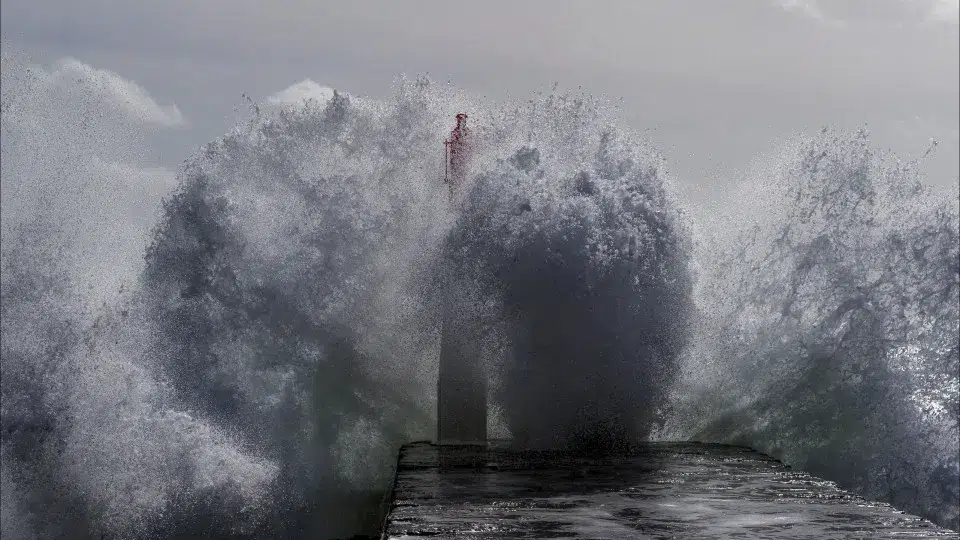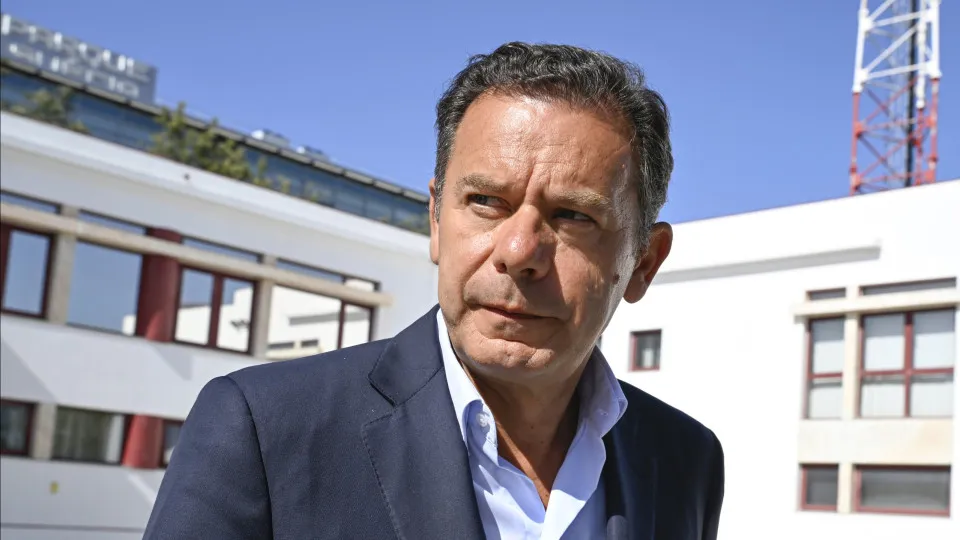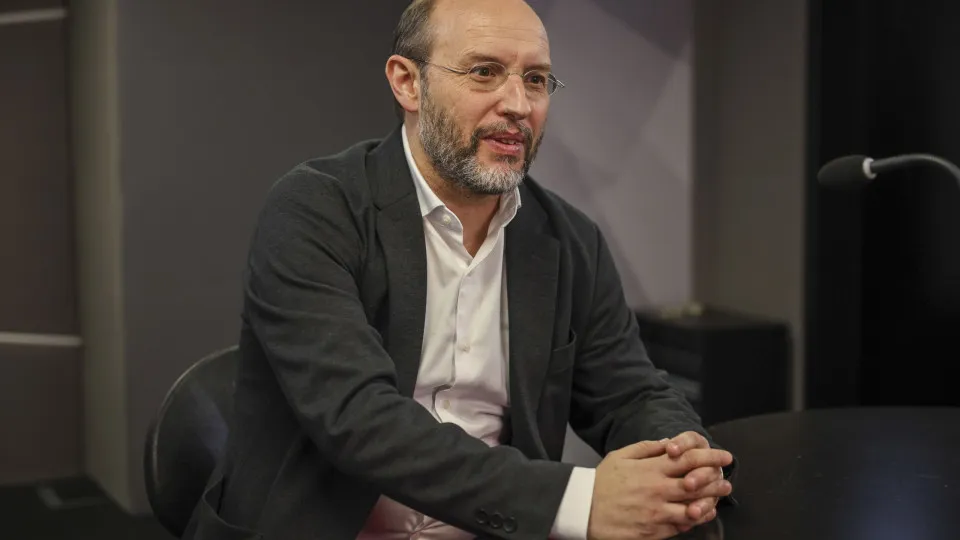
“Our goal is to develop the first energetically autonomous ocean monitoring platform by innovatively integrating emerging energy harvesting and storage technologies,” explains João Ventura, project leader and researcher at the Faculty of Sciences of the University of Porto (FCUP), as quoted in an institutional statement.
The BEAT-IT project also includes researchers from the Faculty of Engineering of the University of Porto (FEUP) and aims to combine three different technologies within a single system, all of which are “easily scalable and low-cost in terms of production and maintenance.”
According to FCUP, combining these technologies is intended to “prove that it is possible to harvest, convert, and store energy within the marine environment itself without the need for fossil fuels or external infrastructure.”
Nanogenerators based on triboelectric effects (TENGs), which convert wave movement into electricity, and water evaporation induced generators (WEIGs), which transform ambient heat into electric energy, will be utilized. Energy storage will be achieved with seawater batteries that use oceanic ions as an energy resource.
“These batteries extract sodium ions directly from the salt in seawater and can store energy gathered from wave movements by TENGs, as well as heat energy captured by WEIGs,” describes Joana Oliveira, professor at the Department of Chemical and Biological Engineering of FEUP.
FCUP notes that the triboelectric nanogenerators “have shown great potential for incorporation in floating buoys at sea and can be embedded within the float itself,” a “crucial detail as they can resist corrosion from the sea and produce energy both day and night.”
Beyond continuous and sustainable monitoring, this project could support other areas such as aquaculture, coastal surveillance, and the so-called underwater internet of things, adds FCUP.
“Energy produced by the ocean can also be utilized to power various types of temperature or salinity sensors, for example, already used in aquaculture or for detecting unauthorized vessels in coastal surveillance,” clarifies João Ventura.
Regarding the underwater internet of things, “the technology being developed by FCUP and FEUP could provide the energy needed to power real-time data transmission from the seafloor,” something “crucial for making ocean research more sustainable.”
This project, co-financed by the COMPETE 2030 program, has funding of 250,000 euros and will continue until July 2028.




